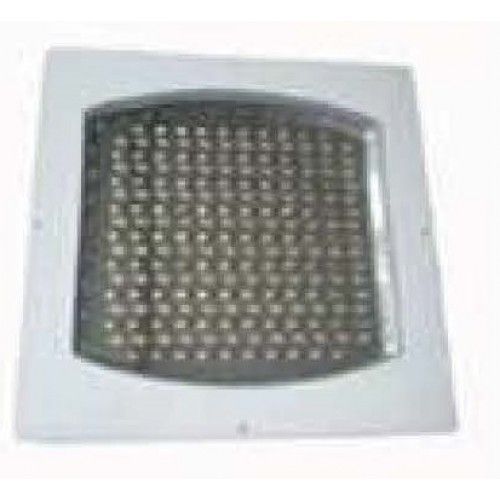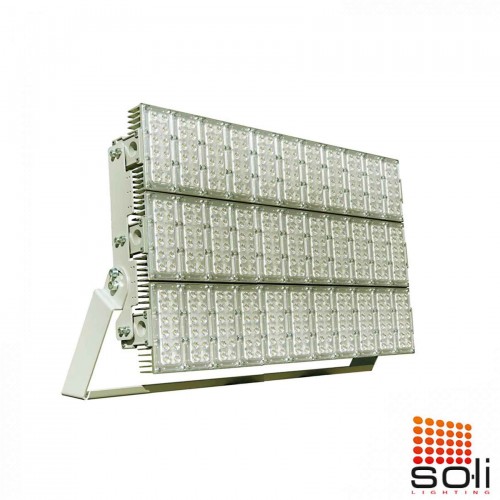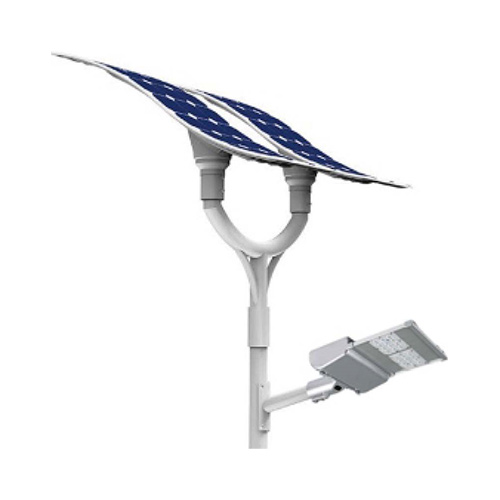A hazardous area can be defined as any place where there is a risk of explosion. But every hazardous area is different and each has specific requirements depending on the nature of the atmosphere and the elements present.
Let's tackle the first question first. We can briefly answer this question. Yes, some LED lighting fixtures are explosion proof. For certain hazardous and potentially explosive areas, you must select the correctly classified LED luminaire that is explosion proof.
If you choose the right LED lighting fixture for the place where lighting is needed with the help of SOLI Lighting team to make sure it is the appropriate fixture, LED lighting is the perfect choice for hazardous and explosive areas.
However, if you choose the wrong LED fixture for hazardous and potentially explosive areas, the results can be literally deadly. Seriously speaking, wrong fixtures from an unqualified manufacturer can be a serious risk when we're talking about dangerous places like a lab or oil rig. Unfortunately, not all LED lights are created equal. There are manufacturers who sell cheap products that do not meet expectations. We have an information page dedicated to explaining the project and product criteria you need to follow to make sure you get the most suitable LEDs for your projects and applications. Without determining the right LED lighting system for your needs, you leave yourself vulnerable to faulty LED products and the inevitable faulty lighting performance. This is bad in any lighting application, but poor quality lighting can also cause serious safety issues in a dangerous location.
Now that we've warned you about choosing the right LED to illuminate hazardous and potentially explosive areas, let's discuss why choosing LED over traditional lighting technologies is particularly useful in these unstable environments. Here is why:
Much lower maintenance costs than traditional lighting. Changing a light anywhere, especially in a dangerous place, can be really difficult. Your lights may be in hard-to-reach places and an elevator may need replacing. Hazardous and sanitary locations can go hand in hand, so you may need to shut down processes to replace your lights or even need to clean everything again after they've been replaced. LEDs have a unique lifespan which means you won't have to replace them much. What a relief for your maintenance budget and your team!
It's no secret that LEDs are the most energy efficient lighting option. When you run a dangerous place, your costs are already high because you have to be careful about everything and spend the money on the best, safest, regulated products. When it comes to dangerous places, you can't cut corners because you can't risk it. LEDs can save you money effortlessly as they naturally consume less power to operate. Most LED lighting retrofit projects achieve a 60-75% improvement in overall energy consumption. You may be looking at savings rates of up to 90%. For real proof of results, read some case studies here.
Simply put, LEDs will perform better. Here are a few examples of what we mean:
Better color rendering index and associated color temperature. Imagine you run a lab that does medical tests. You need to be able to see absolutely accurately what you are doing.
Less lumen depreciation, which means LEDs are free from dirt and debris etc. means it will not be affected.
LEDs are technology that means fewer parts to break, replace and maintain in your rugged environment.
LEDs do not contain toxic mercury like older technologies, including fluorescent lighting. This completely eliminates the risk of leakage and explosion. You probably already have enough toxic materials to worry about without having to think specifically about your lighting, either.
Another issue with fluorescent lighting not affecting LEDs? Warm-up time and frequent switching. You need your lights to turn on immediately, shine immediately and stay on so everyone/everything is safe and visible.
LEDs are not as sensitive to temperature as other lighting technologies. You can safely run them in your dry cleaning facility (hot area) or in your commercial food storage refrigerator (cold area).
There are many reasons to choose LED lighting for hazardous and potentially explosive areas and in general. And in addition to the many benefits, if you choose the right LED for these areas it will be explosion proof. If you are looking for lighting systems for hazardous and explosive areas, contact us and we will determine the most accurate and safe application for the dangerous area to be applied together.
Our Soli L..
₺2,400
Ex Tax:₺2,400
Soli Light..
₺3,900
Ex Tax:₺3,900
&nbs..
₺27,250
Ex Tax:₺27,250
Our Soli L..
₺19,950
Ex Tax:₺19,950
&nbs..
₺7,000
Ex Tax:₺7,000
Ligh..
₺21,350
Ex Tax:₺21,350
..
₺5,750
Ex Tax:₺5,750
The excite..
₺89,750
Ex Tax:₺89,750
ADVA..
₺19,400
Ex Tax:₺19,400
Soli Light..
₺4,200
Ex Tax:₺4,200
About LED Flood Lights
- LED Flood Light Buying Guide
- Brain Of Led Flood Lights : LED Flood Light Drivers
- Can A Floodlight Be Used Instead Of Street Lights?
- Are LED Lights Suitable for Hazardous Locations?
- About High Bay and Low Bay Lighting
- 10 Benefits of LED Floodlights for Outdoor Lighting
- Main Factors of Outdoor LED Lighting Design
- Solar Floodlight
- Smart and Human Centered Lighting
- 4 Lighting Design For Post-Covid
- Health Risks That Are Actually Myth About LED Lights
- Things to Avoid When Upgrading Your Lighting Style to LED
- The Future of LED Lighting
- High Power LED Floodlight
- About Amount of Light And Light Quality
- LED Stadium Lighting Information
- Performance of LED Lights in Cold Weather
Usage Areas
- Sports Lighting
- How To Choose Stadium Lighting Company
- Aircraft Hangar Tips
- LED Warehouse Lighting
- Automotive Showroom Lighting
- Safety and Operational Tips for Light Towers
- Advantages and Applications of LED Street Lights
- How LED Street Lights Can Save Citizens Millions of Liras
- Outdoor LED Lighting
- Is LED Industry Evolving?
- LED For Car Parks
- Solar Street Lights
- Use of LEDs in Tunnel Lighting
- LED Lights for Your Garden Inside Your Home
- Solar Street Lights Calculation and Sizing











-500x500.jpeg)







